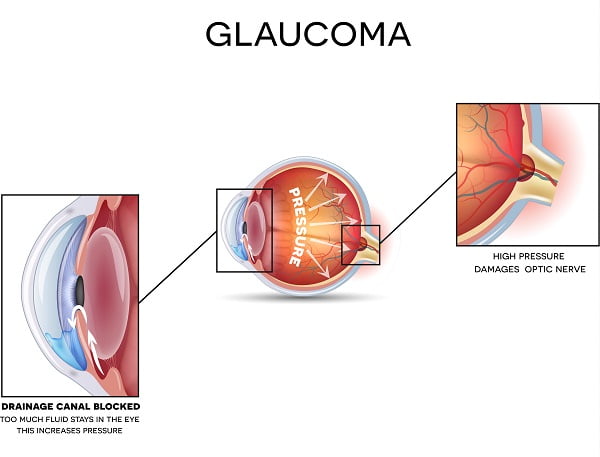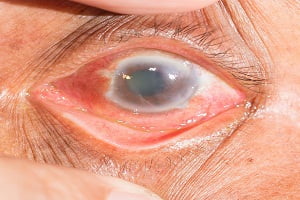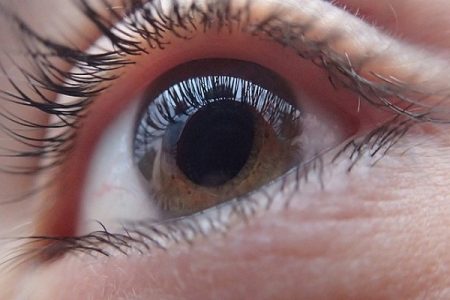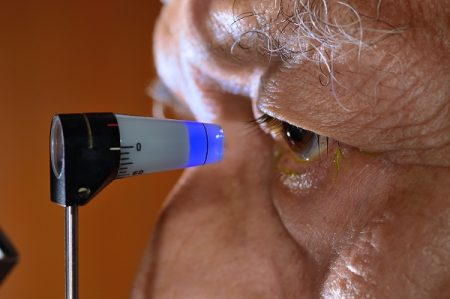
The exact cause of glaucoma is not known till now but an increased fluid pressure which damages the optic nerve of the eye is considered as the major cause of glaucoma. Other risk factors of glaucoma include family history, old age and certain medical conditions.
Increased fluid pressure
Your optic nerve is located in the back of the eye. It is the main visual nerve that helps in transmitting the electrical signals of images made by retina to the brain for object interpretation.
Our eyes are round and firm and the tone and shape of the eye is maintained by the intraocular pressure (pressure within the eye) that normally ranges between 8mm to 22mm of mercury. When the intraocular pressure is low, the eye becomes softer and it becomes harder when the pressure is too high.
Optical nerve is susceptible to the pressure and can be damaged easily by a decreased blood flow and pressure to the nerve fibers. Aqueous humor, a fluid that is filled in the front part of your eyes and produced by ciliary body constantly within the eyes provides nourishment to the surrounding tissues of the eyes.
This aqueous humor drains out of the eyes through trabecular meshwork which is the drainage channel of the eye. This drainage channel is located in drainage angle of the eye present in front part of the eye and the drainage angle is usually wide and open.
When any blockage occurs within the trabecular meshwork and the aqueous fluid is not able to drain properly from the eyes, it creates extra fluid pressure to the eyes which damages the optic nerves and cause glaucoma.
In another situation, some people have iris near the drainage angle and the drainage angle, when covered gradually by the iris, blocks fluid drainage from the eyes. This may also increase the fluid pressure leading to the damage of optic nerve and the development of glaucoma.
The optic nerve fiber is very fragile and can get damaged due to improper blood flow to the optic nerves causing glaucoma in people with normal intraocular pressure within their eyes too.
Old age
It is estimated that with old age of 40 and above, the fluid drainage system of the eyes gets impaired and the fluid accumulation within the eye leads to the damage of your optic nerves causing glaucoma and related symptoms leading to the loss of vision or an impaired vision.
Inheritance
Glaucoma is believed to be an inherited disease and people who have family history of glaucoma such as a sibling, mother or a child with glaucoma are more prone to develop this disease.
Congenital glaucoma
It is one of the rare forms of inherited open angular glaucoma conditions. This is commonly seen in newly born babies.
The drainage area of the fluid is not properly developed in a child before birth, which results in increased fluid pressure inside the eyes and damage of the optic nerves, which ultimately causes loss of vision or blindness.
Eyes become more bulgy and enlarge in these infants and children due to the increased intraocular pressure. Early detection and treatment with medications and surgery to preserve sight is difficult in such cases.
Other conditions
People who have other disease conditions and ailments such as diabetes, eye injury, high blood pressure, myopia or hyperopia and are using steroids are at high risk of getting or developing glaucoma.
With proper monitoring and regular eye checkups, an early diagnosis and detection of the glaucoma is possible. The early diagnosis and treatment of glaucoma helps in saving the sight and also slows down the process of disease progression and prevents symptoms from worsening.
Read about diagnosis of glaucoma






